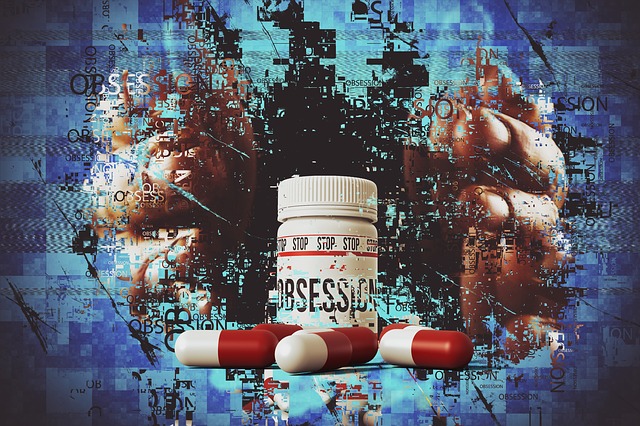What is addiction and how is it treated?
Dependence is also called in literature by the term "addiction", a term taken from English (addiction) and refers to addiction to something (alcohol, cigarettes, drugs, computer, TV, work, gambling, social media, etc.). .). Addiction causes short-term pleasure, and continuous use turns into compulsive behavior and interferes with a person's social and professional life, even leading to health problems.
Addiction is defined as the process by which a behavior that offers both pleasure and discomfort is engaged in a pattern described through recurrent failure to control this behavior and with all significant negative consequences that behavior is still used. (Goodman, 1990).
The types of addiction refer to the following aspects: addiction to activities (shopping, sports), gambling addiction, internet addiction, work addiction, alcohol addiction, tobacco addiction, substance addiction, food addiction, addiction to sex, addiction to pornography.

Causes that trigger addiction
Certain causes of addiction have not been identified, except for the use of a substance or the performance of a certain activity. Also, there is no way to predict whether one person or another will become addicted. Any addiction is associated with neurobiological pleasure centers and dopamine. In other words, dopamine deficiency can sometimes be the element that leads to the need to use substances or to perform certain activities that generate pleasure signals in the brain.
Although there are no definite causes, the researchers identified certain risk factors in the development of addictions. Thus we have biological factors for those people who may have a genetic vulnerability to addictions, environmental factors such as family, friends, peer pressure, physical and sexual abuse, stress, but also developmental factors represented by the combination of genetic and environmental factors that interact with critical developmental stages. Due to the fact that certain areas of adolescents' brains are developing, they are most prone to developing addictions.
Diagnosing a possible addiction
In order to diagnose addiction, psychological and psychiatric evaluation is used. For severe addictions in which the attempt to abandon consumption is unsuccessful or if there are associated comorbidities, a psychiatric consultation is recommended.
Addiction symptoms
Among the main symptoms of addictions are the following:
- symptoms of tolerance manifested by the intense need to increase the doses in order to achieve the subjective effect of intoxication and / or the diminished effect when administering the same amount of substance;
- withdrawal symptoms are present when stopping or reducing consumption and disappear when the substance is administered again;
- compulsive need to use substances;
- difficulty in controlling substance use;
- searching for substances becomes a behavior;
- the desire to abandon consumption and unsuccessful attempts in this regard;
- reduction or even abandonment of other occupational, social and recreational activities;
- continued use of the substance despite awareness of the negative somatic and mental effects.
Treatment for addictions
The first step in treating addictions is to withdraw the substance or stop the addictive behavior. Subsequently, specific withdrawal symptoms appear, symptoms such as nausea, vomiting, chills, sweating, pain, insomnia, muscle cramps, fever and changes in heart rhythm. There are also emotional symptoms such as anxiety, irritability, depression, mood swings. Withdrawal symptoms last 3-5 days, and therapy involves relieving these symptoms. The next step is to learn the mechanisms to deal with the temptation to resume consumer behavior.
Psychiatric treatment, cognitive behavioral therapy and rehabilitation programs are included in addiction treatments. Psychiatric treatment involves the use of prescribed medications to reduce withdrawal symptoms. On the other hand, cognitive behavioral therapy is used to help patients identify and avoid those situations that predispose them to substance abuse. Rehabilitation programs help the addicted person regain their autonomy as a person. Therapies in the treatment of addictions are varied and the treatment method is adapted according to the causes of the disease.

Assisted by a psychotherapist, the addicted person will learn to manage their appetite and take control of the consumption of various substances by exposure to certain virtual landmarks (bar, restaurant, shop, party, at home) relevant to the addictive substance. The psychotherapist assists the patient in developing new cognitive skills in adapting to controlling substance use and strengthening new behaviors to suppress cravings so as to prevent recurrence.
